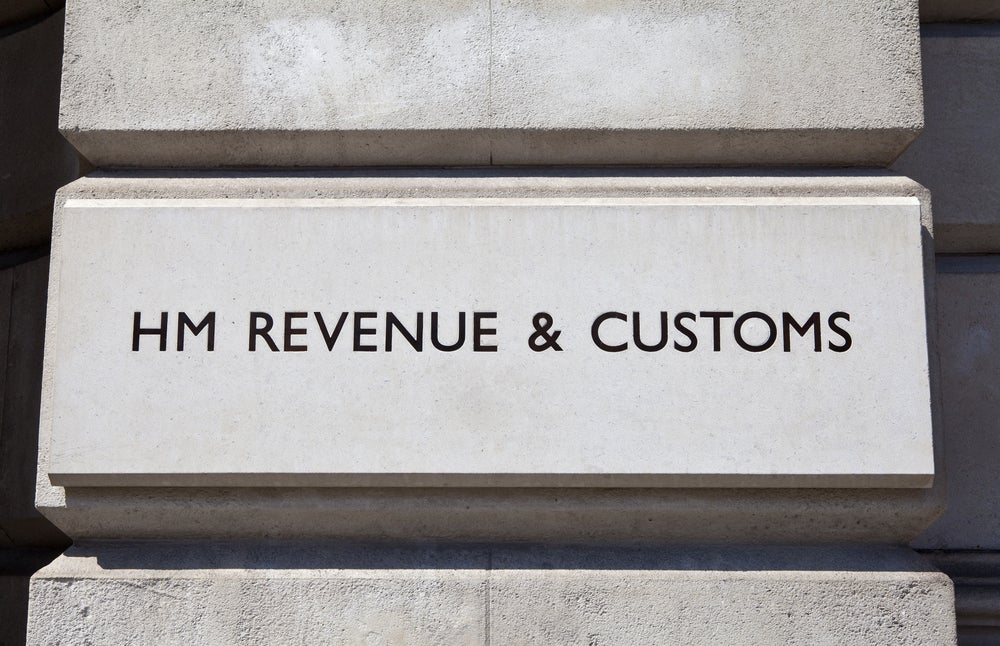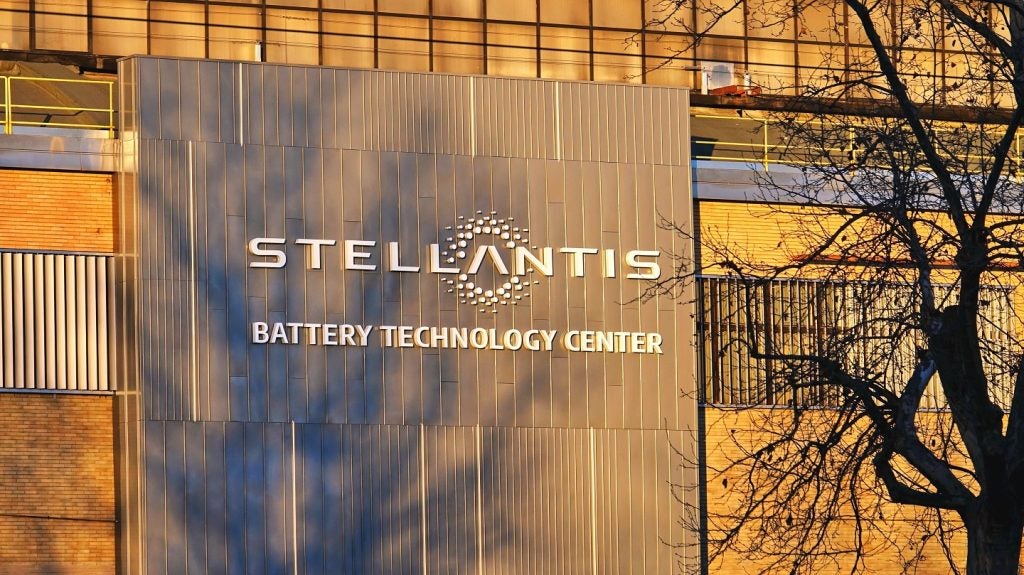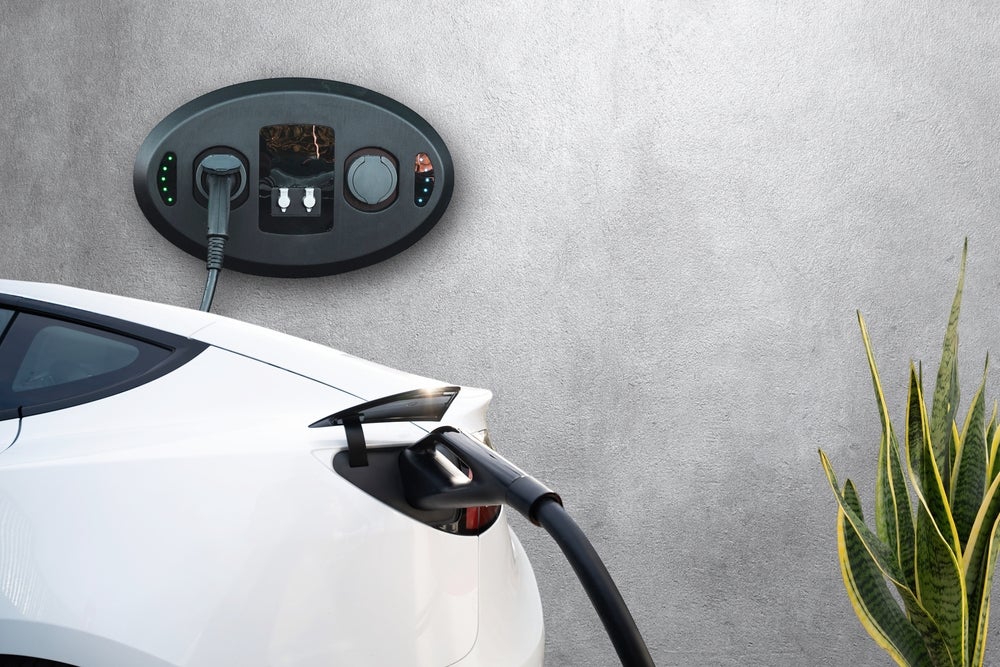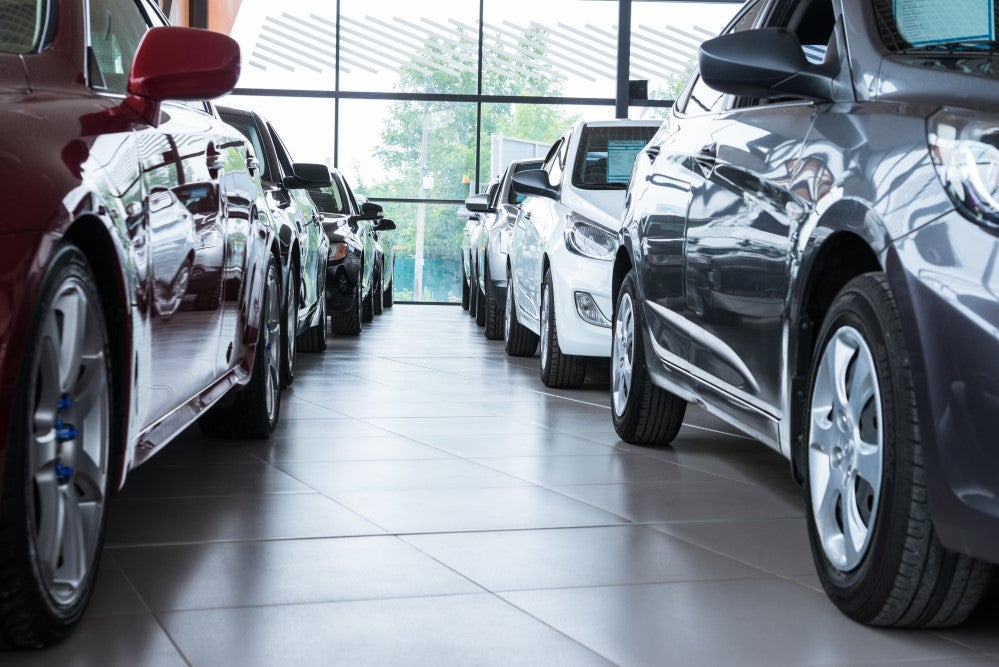Proposals floated recently to tax electric vehicle (EV) drivers per mile show that the current attractive EV tax won’t last forever, writes Julian Rance, managing director at Paragon Motor Finance.
Today, we are in the ‘carrot’ stage of the electrification journey. The Government wants to transition drivers to EVs and there needs to be a compelling financial incentive to do so.
For many drivers, particularly those with company cars, the current tax regime simply makes more economic sense to choose an EV over a petrol or diesel-powered car. The power of the pound in your pocket is driving decisions, particularly as drivers tire of the surging price of fuel at the pump.
But for broader adoption of EVs, we need clarity on how the Government will tax electrified driving sooner rather than later. The 2030 ban on new vehicles with fossil fuel engines is fast approaching and drivers want to know what they are signing up for before committing to an EV.
Those that like the idea of switching to EV may be put off because they simply don’t know what they will be paying in years to come. The economic benefits of going green may be eroded by unknown changes to taxation.
The Climate Change Committee, an independent, statutory body established under the Climate Change Act 2008, says the Government needs to find ways to cover the “significant hole” in the public finances left by the loss of fuel duty.
How well do you really know your competitors?
Access the most comprehensive Company Profiles on the market, powered by GlobalData. Save hours of research. Gain competitive edge.

Thank you!
Your download email will arrive shortly
Not ready to buy yet? Download a free sample
We are confident about the unique quality of our Company Profiles. However, we want you to make the most beneficial decision for your business, so we offer a free sample that you can download by submitting the below form
By GlobalDataPotential approaches could range from “a simple charge per mile driven, which could be levied based on annual odometer checks, to more sophisticated schemes that vary the charge based on the time of day or the location/type of road being used, based on vehicle tracking technologies.
We have no guidance from the Government yet over what approach it favours, but the one certainty will be that it won’t let the billions of pounds it brings in from fuel duty disappear.
Currently, petrol and diesel drivers pay fuel duty at 52.95 pence per litre, earning £28 billion for the Government last year. Petrol and diesel are also subject to 20% VAT, but EV drivers pay no fuel duty, and VAT on domestic electricity is only charged at 5%.
According to the SMMT, there has been a 71% increase in battery EVs this year to 92,512 and the pace of adoption of pure electric cars has taken over hybrid versions as consumers become more comfortable with the technology.
We are also seeing strength in the used car market. SMMT figures show that 14,586 used electric vehicles were purchased in the first quarter of this year, up 120% on 2021 numbers. That figure will only grow and we have been pleased with the level of business we have written since we launched our EV offering last year.
There are currently about 462,050 battery EVs on the UK roads, according to estimates from the RAC, compared to 207,051 in 2020, and the growth is accelerating.
However, that remains a tiny percentage of the estimated 32.6 million cars registered to drive on UK roads and more work is required across industry if we are to see widespread adoption of electric cars.
Charging network
Clarity over tax is one element. Another remains the charging network, which is still not at the level required to quell driver concerns that they will be left stranded at the side of the road out of charge, or queuing for hours at a busy service station for a handful of charge points.
If the Government wants to introduce a tax regime that will replace the lost earnings from petrol and diesel, it must also recognise that it needs to support the expansion of the charging network to address some of these concerns.
Additionally, the decision to scrap the plug-in car grant means the UK is the only major European market to zero upfront purchase incentives for EV buyers. Although running costs are typically lower, there is a premium to buying an EV compared to a petrol or diesel car today.
The move towards electrification is inevitable. Whether that journey is smooth or bumpy largely depends on what action Government takes across these key areas.
Fleets broaden choice lists to ‘nudge’ drivers into electric cars








